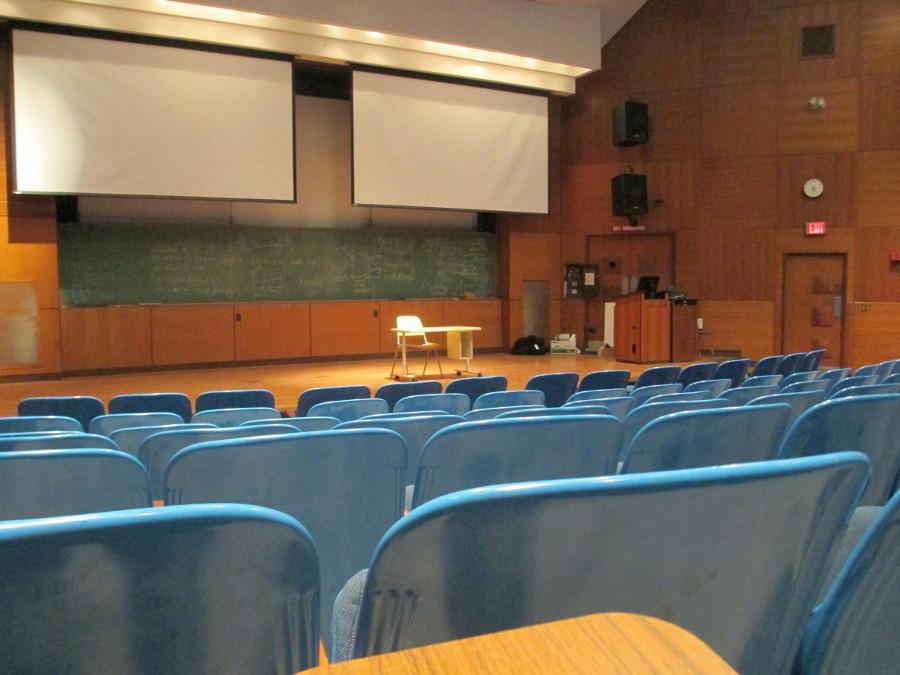Replace professors with graduate students
Most students have had the misfortune of having a professor who just doesn’t give good lectures. Some are too passionate about their research to put the necessary energy into a lecture, while others are merely lacking the necessary capacity to communicate curriculum points to undergraduate students. A relatively simple and easy fix would be to allow more graduate students to teach classes in these scenarios, as facilitated by college and departmental deans. After all, you’d be hard-pressed to find a Case Western Reserve University graduate who hasn’t had at least one class where they learned more from the Teaching Assistants or Supplemental Instructors than the professor whose name was at the top of the syllabus.
Sure, not every graduate student is qualified to teach every course. But being able to develop new contributions to a field requires very different skills than being able to communicate current knowledge. Graduate students have generally completed a bachelor’s level degree in their field, and typically did so with a relatively high grade point average, so they’re not exactly without qualification. Furthermore, graduate students greatly outnumber faculty, so we would only have to limit ourselves to the graduate students who are most passionate and knowledgeable to sit in for the minority of professors unable.
Undergraduate students aspire to a huge diversity of career ambitions. The same is true of graduate students—however, a much larger fraction of graduate students aspire for work in academia. For these students, the ability to teach a class could be a valuable experience. Therefore, such a change would not only improve the CWRU undergraduate experience, but the graduate experience as well.
There will be some classes at higher levels that absolutely require the attention of a faculty member who has completed their doctorate. What should be done when a professor teaching one of these classes either produces a large quantity of unsatisfied students or simply does not wish to teach?
Ideally, the dean of their college would find a more competent professor currently teaching lower level courses to take on the higher level class, while transitioning graduate students to take over the newly vacated lower level courses. But for this system to work, there would have to be many decisions made on a case-by-case basis.
What I am suggesting is not as drastic of a change as it may sound. Having a graduate student take over primary responsibility for lectures can still include a professor assisting them in other regards, such as by writing the curriculum, sitting in on classes to provide feedback or answer questions as they arise, writing tests or grading assignments.
It is important that this not be done too hastily, or with too little scrutiny applied to those graduate students who participate. It is also important that this not become an undue burden on graduate students, and they are either paid appropriate compensation for their time or have the time commitment of their duties elsewhere loosened.
But if done correctly and with caution, a move by college and departmental deans to have graduate students teach classes in place of certain professors could increase the overall quality of a CWRU education.
Barry Goldberg is a fourth-year student.


